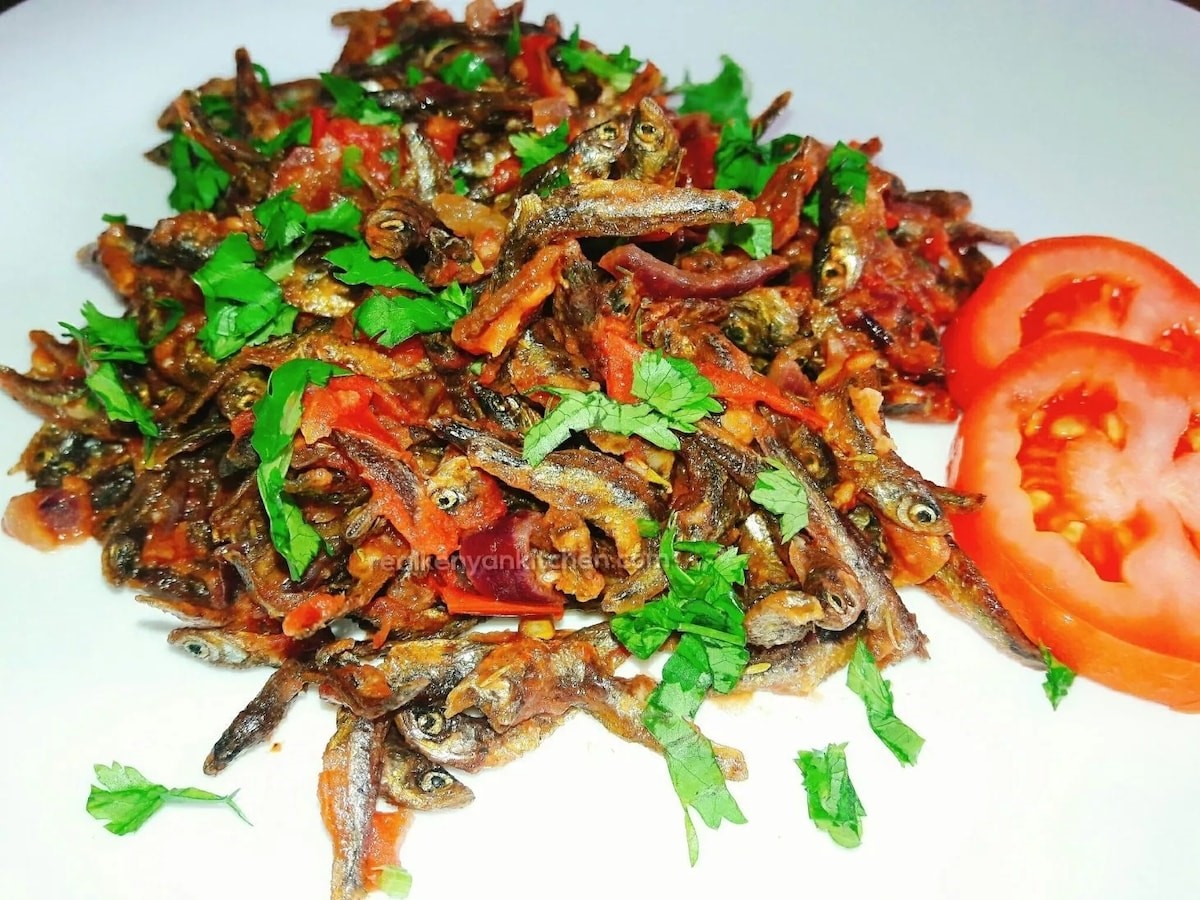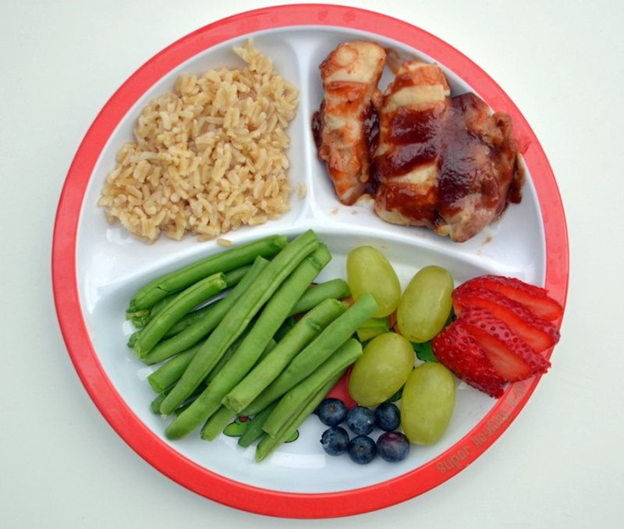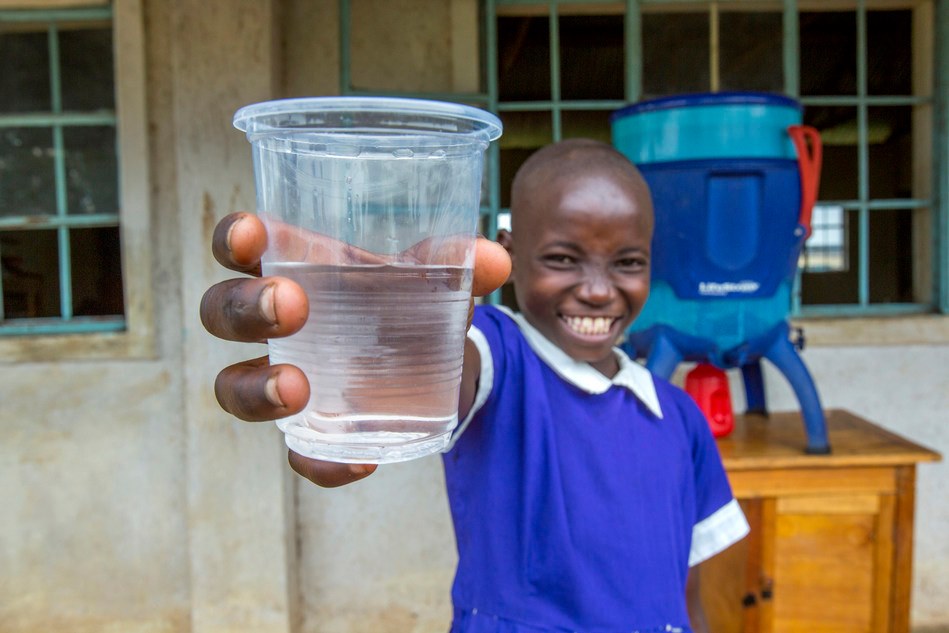GUAVA Guava is an obscure tropical fruit that’s subtly acidic, with a sweetness that intensifies as you eat your way to the center. Guava has a higher concentration of lycopene—an antioxidant that fights prostate cancer—than any other fruit or vegetable, including tomatoes and watermelon. In addition, 1 cup of the stuff provides 688 milligrams of…...





